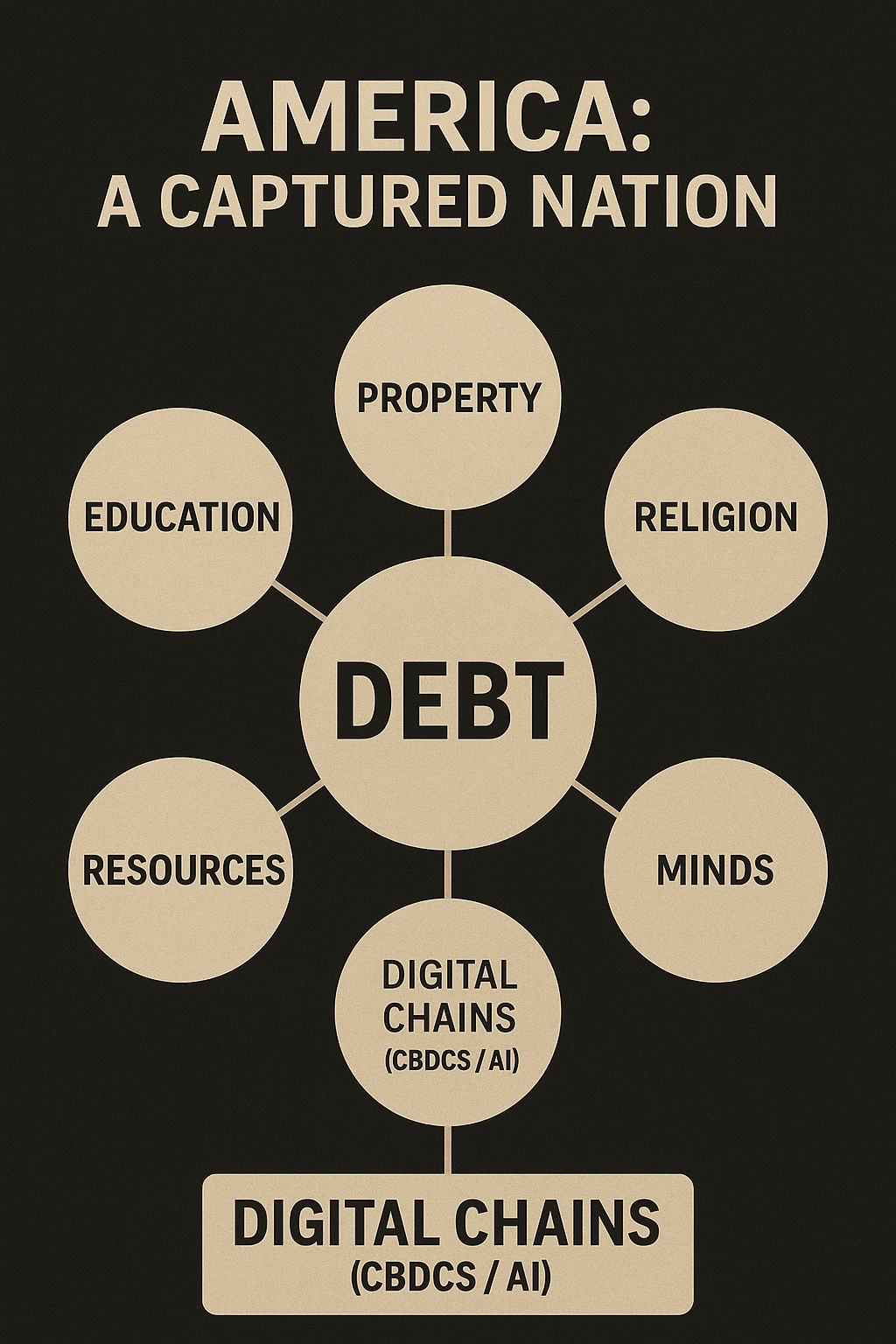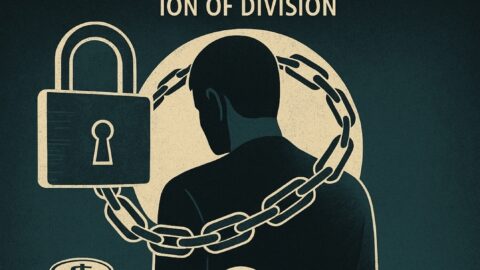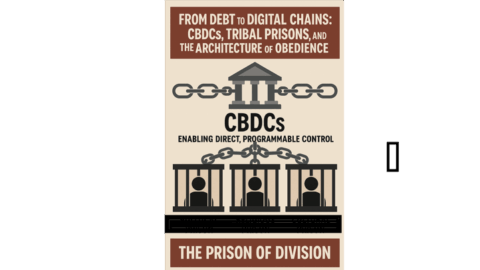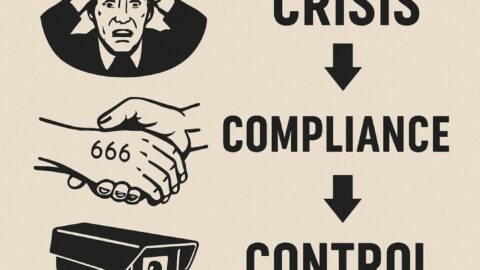Authors note: When Star Wars, the Prequels came out in the early 2000s. I felt it paralleled the political, moral, and emotional situation America faced then and now. It is as relevant now as it was back then.
In Star Wars Episode II, the Attack of the Clones. The Chancellor tells young Anakin to “learn to trust your feelings.” This has serious ramifications for the fictitious character of Anakin Skywalker, but it shows how it can affect the present and long-term development of the future generation.
Chancellor Palpatine:
And so, they’ve finally given you an assignment. Your patience has paid off.
Anakin Skywalker:
Your guidance more than my patience.
Palpatine:
You don’t need guidance, Anakin. In time, you will learn to trust your feelings. Then, you will be invincible. I have said it many times, you are the most gifted Jedi I have ever met.
Skywalker:
Thank you, Your Excellency.
Palpatine:
I see you becoming the greatest of all the Jedi, Anakin. Even more powerful than Master Yoda.
Palpatine’s advice to young Anakin—“Learn to trust your feelings”—while seemingly innocuous, is part of his subtle manipulation to lead Anakin toward the Dark Side. To someone who is immature or inexperienced, like Anakin, trusting one’s feelings without discernment or wisdom can be dangerous because it encourages acting on emotional impulses rather than rational thought or moral principles. Here’s why this can lead to the Dark Side:
1. Emotional Instability and Impulsiveness:
Anakin, despite being powerful, was emotionally immature. He often struggled with controlling his anger, fear, and attachment, especially toward those he loved, like Padmé and his mother. Palpatine encouraged Anakin to act on those intense feelings rather than teaching him to manage them.
- Fear and Anger as Triggers: The Dark Side of the Force thrives on negative emotions like fear, anger, and hatred. By urging Anakin to trust his feelings, Palpatine subtly pushed him toward relying on these emotions when making decisions. Instead of seeking balance, patience, or wisdom, Anakin began to react impulsively, often out of fear or rage—emotions that directly feed the Dark Side.

2. Ignoring the Jedi’s Teachings on Emotional Control:
The Jedi Order teaches detachment, patience, and mindfulness, particularly concerning emotions. They emphasize emotional control and rational decision-making because they know that unchecked emotions can lead to destructive actions. Anakin struggled with these teachings due to his deep emotional attachments.
- Palpatine’s Contradiction: By telling Anakin to trust his feelings, Palpatine was undermining the Jedi’s core philosophy of emotional discipline. For someone like Anakin, who was already prone to emotional outbursts, this advice was particularly dangerous. It nudged him further away from the Jedi path and into a mindset that would eventually embrace the Dark Side.
3. Confusing Feelings with Truth:
Anakin’s emotional instincts were often tied to fear and loss. When Palpatine encouraged him to trust his feelings, it encouraged Anakin to interpret these emotions as truth. This led to paranoia and a distorted perception of reality.
- Example with Padmé: Anakin’s fear-driven premonitions of Padmé’s death, which consumed him, were exacerbated by Palpatine’s manipulation. Rather than seeking calm and clarity, Anakin’s emotional reliance on his feelings caused him to spiral into desperation, believing he could prevent her death by turning to the Dark Side.
4. Lack of Experience to Temper Emotions:
Trusting feelings works for those who have the maturity and experience to interpret them correctly. For someone like Anakin, who was young and inexperienced in navigating the complexities of power and responsibility, following raw emotion could easily lead to catastrophic decisions.
- Inexperience with Power: Anakin was told that his feelings would make him invincible, yet he lacked the wisdom and experience to temper that power. His immaturity led him to seek quick solutions and absolute control, which the Dark Side promised but ultimately corrupted him.
5. The Dark Side’s Appeal to Emotional Extremes:
The Dark Side thrives on emotional extremes—anger, hatred, and fear. Palpatine’s encouragement to trust Anakin’s feelings was a calculated move to push him toward these extremes. By focusing on his raw emotions, especially his anger and fear, Anakin becomes more vulnerable to the Dark Side’s allure, which promises power and control in exchange for indulging in destructive emotions.
- Erosion of Moral Boundaries: Anakin’s unchecked emotions led him to increasingly rationalize morally questionable decisions, like killing Count Dooku and eventually attacking the Jedi Temple. The more he acted on impulse, the easier it became to justify his descent into darkness.
Palpatine’s advice to “trust your feelings” is a double-edged sword. While intuition and emotion can be valuable guides, for someone like Anakin, who was emotionally unstable and immature, it became a pathway to the Dark Side. Without the wisdom and self-control to manage his feelings, Anakin’s reliance on them led to impulsive actions, poor decisions, and ultimately, his fall. Palpatine knew that by encouraging Anakin to act on his emotions, he could accelerate his descent into fear, anger, and ultimately, the Dark Side.







